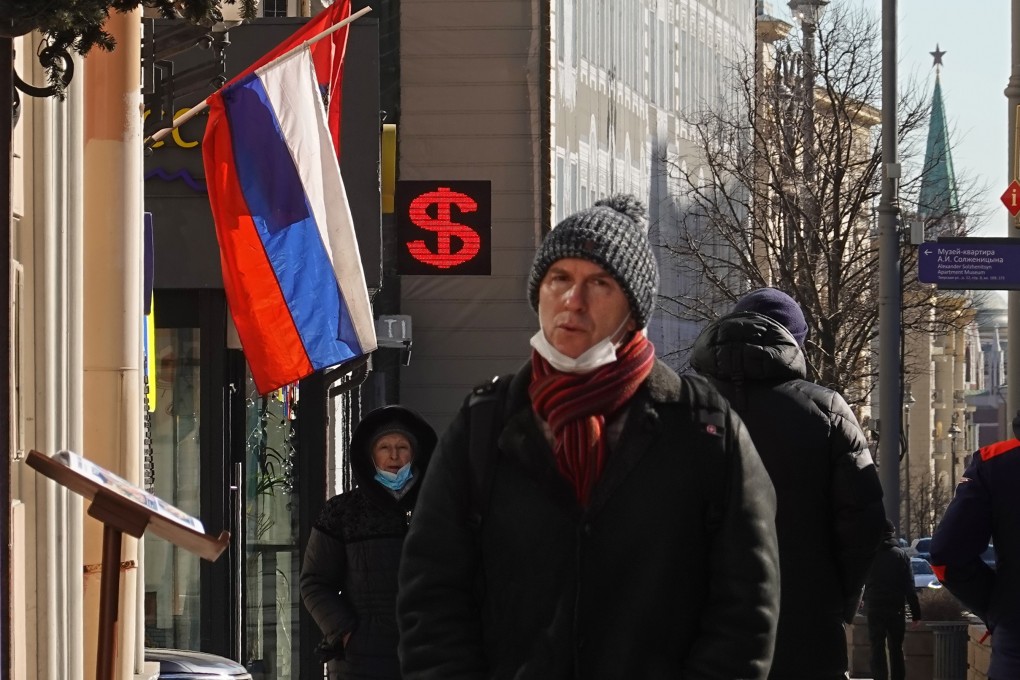Macroscope | The real danger of Russian sanctions blitz lies in upending the US-led world order
- Few countries outside Europe support the US-led sanctions amid a growing interest in ring-fencing national reserves with bilateral swap lines, particularly with China
- This would inevitably erode the dollar’s importance as a global currency for trade settlements and lessen the dependence on Western-dominated financial channels

When US President Joe Biden threatened his Chinese counterpart Xi Jinping with economic sanctions in the event that China should aid Russia in the Ukraine conflict, he was acting without apparent knowledge of economic history and the mixed record that sanctions have as a weapon of war.
Those being applied or threatened against Russia on an unprecedented scale by the United States and a few other nations risk having widespread and unintended consequences that could work in favour of China and others, eroding the post-war American dream of a US-led and globalised economy.
The “lack of non-Western enthusiasm for America’s approach to Mr Putin’s war is a phenomenon that US policymakers ignore at their peril”, Walter Russell Mead, distinguished fellow in strategy and statesmanship at the Hudson Institute in Washington, observed in a Wall Street Journal opinion piece.
Or, as Professor Keith McLay at the University of Derby in England wrote in a recent blog, “none of these measures [US-led sanctions against Russia] possess a direct link to the [Ukraine] war’s military realities in-theatre and the historical portends of the same are not encouraging”.
Among the most important of what non-resident senior fellow at the Atlantic Council Hung Tran terms “unprecedented sanctions” imposed by the US, Europe and others on Russian entities, is denying Russia’s central bank access to part of its international reserves held in Western central and other banks.

